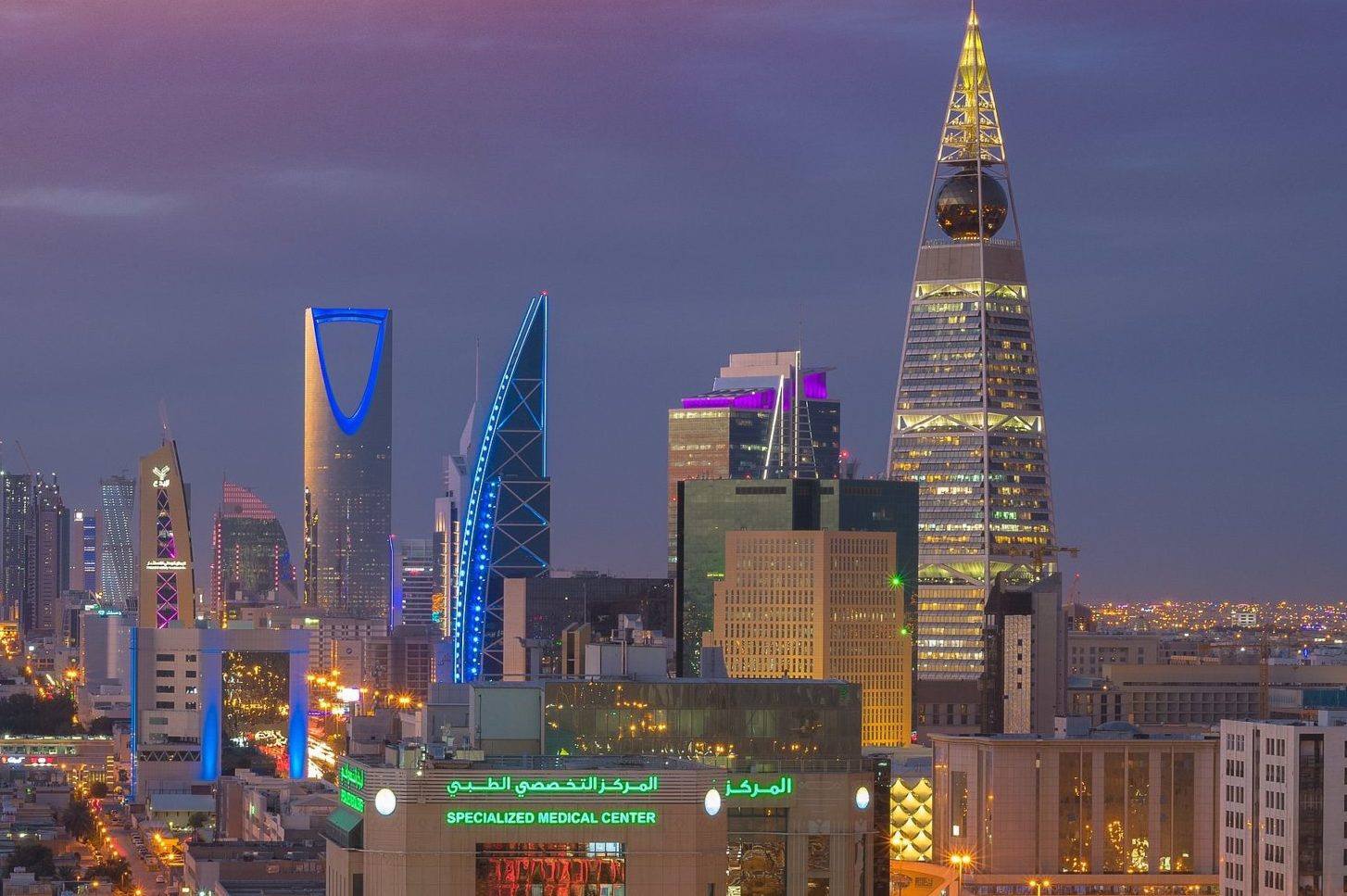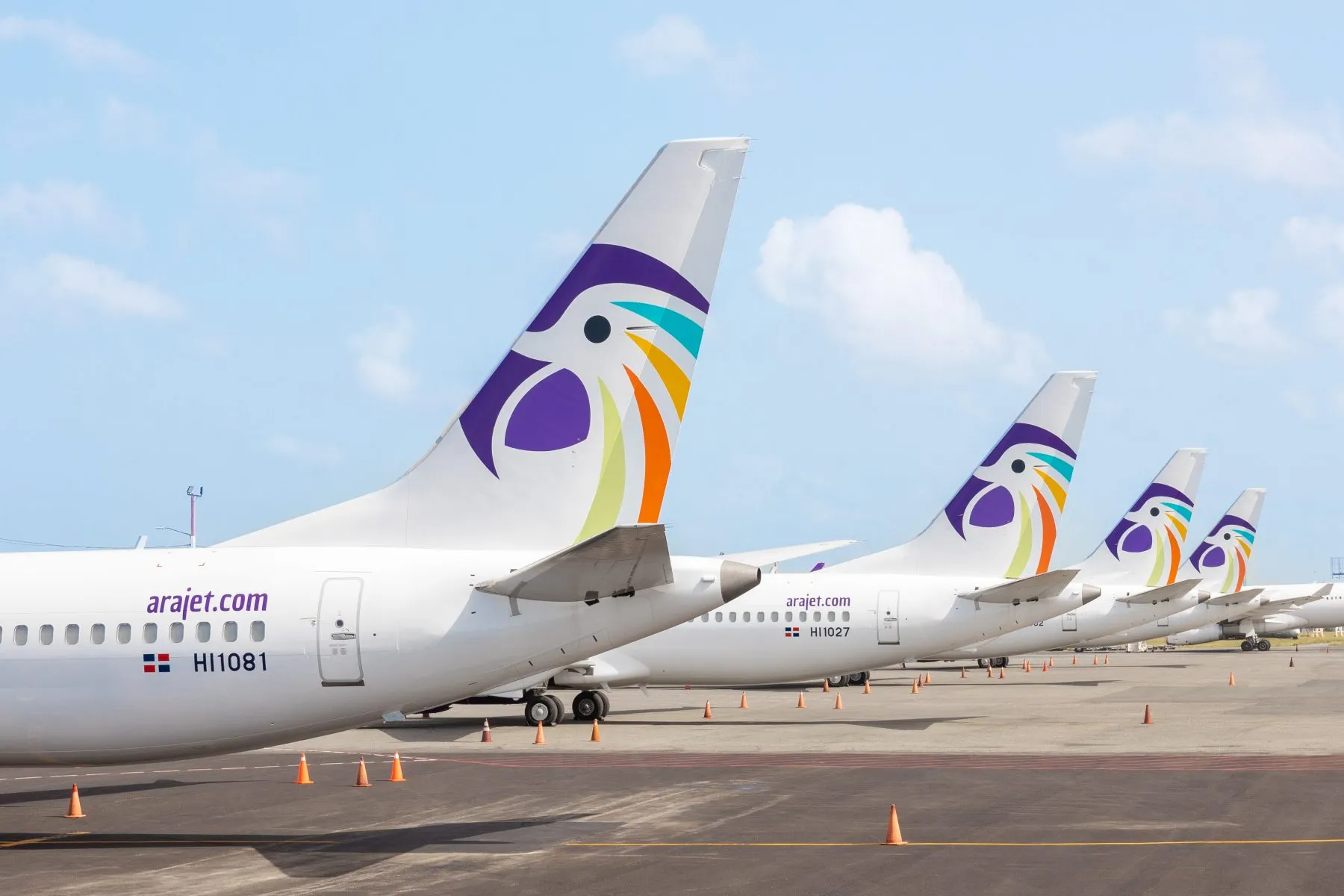InterContinental earnings up on good U.S. performance while China underperformed
InterContinental Hotels Group Plc, the world’s largest provider of hotel accommodation, said 2012 profit rose 10 percent as the company generated more revenue per room in the Americas, its biggest market. [Earnings release]
Operating profit excluding exceptional items rose to $614 million from $559 million a year earlier, the Denham, England- based company said in a statement today. Analysts expected a profit of $608 million, the average of 15 estimates in a Bloomberg survey.
InterContinental’s revenue per available room, a measure of occupancy and rates, rose 5.2 percent, led by the Americas. While that region accounts for almost half of the company’s revenue, InterContinental said an increasing proportion of new rooms are coming from developing markets such as Greater China. Global revpar rose 6.6 percent in January, Chief Financial Officer Tom Singer said on a conference call with reporters.
“Forward indicators are encouraging, with supply in developed markets at near historic lows and global demand at record levels,” he said.
InterContinental fell as much as 3.2 percent in London, the biggest drop since Oct. 9, and was down 2.3 percent at 1,951 pence at 10:17 a.m. in London. That pared the gain for the past 12 months to 26 percent.
Higher Dividend
Net income climbed to $544 million from $460 million, while revenue rose 4 percent to $1.84 billion, InterContinental said. The company plans to pay a dividend of 64 cents per share for 2012, up from 55 cents in 2011.
InterContinental said it started looking for buyers for its London Park Lane hotel and also plans to divest the InterContinental New York Barclay.
“Both the Barclay in New York and the Park Lane continue to trade well, and we’re not under any pressure to sell,” Singer said.
Revpar for the Americas was 6.1 percent last year, the most of any region, while Great China had a figure of 5.4 percent. Europe was lowest at 1.7 percent
In the fourth quarter, revenue in China underperformed other regions as political uncertainty reduced the number of guests, Singer said on the call.
The flare-up of a territorial dispute between China and Japan reduced the number of Japanese guests, he said. In addition, the planned change-over in the Chinese presidency damped the number of business travelers to China as companies wait for the new administration to take office, he said.
“There is no material change in the underlying trend in China,” Singer said.
Editors: Andrew Blackman, Ross Larsen, Jeff St.Onge. To contact the reporter on this story: Dalia Fahmy in Berlin at dfahmy1@bloomberg.net. To contact the editor responsible for this story: Andrew Blackman at ablackman@bloomberg.net.
![]()




